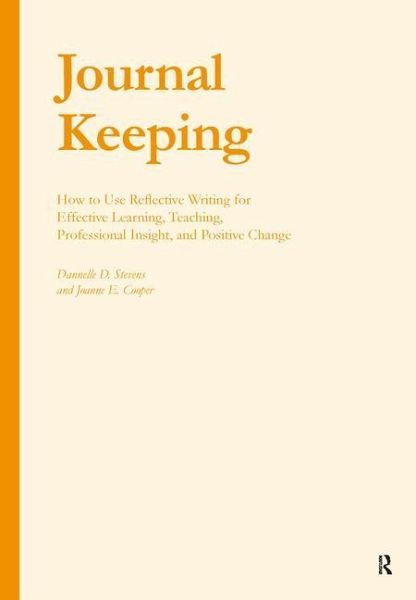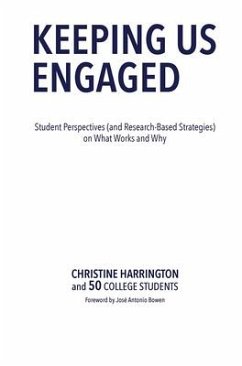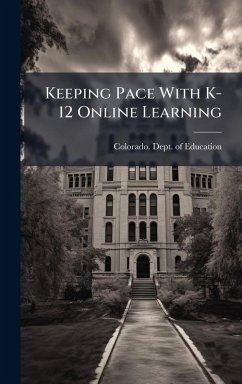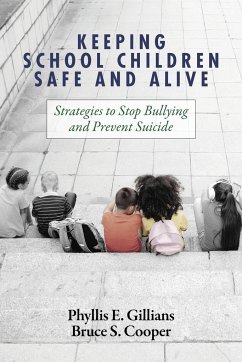Journal Keeping
How to Use Reflective Writing for Learning, Teaching, Professional Insight and Positive Change
Versandkostenfrei!
Versandfertig in 1-2 Wochen
Weitere Ausgaben:

PAYBACK Punkte
85 °P sammeln!




** By the authors of the acclaimed Introduction to Rubrics
Dannelle D. Stevens is a tenured professor in the Department of Curriculum and Instruction at Portland State University in Oregon where she has been since 1994. Her roots, however, are in the public school classroom where she taught middle school and high school social studies, language arts, and special education for 14 years across four school districts and three states. She received her master's from the University of Utah in 1983, and a doctorate in educational psychology from Michigan State in 1991. Before coming to PSU she taught at Whitman College in Walla Walla, Washington. Whether the topic is rubrics, journal writing, action research or academic writing, her work centers on how adults reflect on what they do and, then, act on those reflections. One of Dr. Stevens' underlying assumptions is that cognitive, social and emotional development does not end with the teenage years but continues through the lifetime. Besides over 75 conference presentations, she has written three books, all designed to impact development of her fellow faculty and their students. Her first book, co-edited with Joanne Cooper, Tenure in the Sacred Grove: Issues and Strategies for Women and Minorities, (SUNY Press, 2002), was written to help faculty women and minorities negotiate the path to tenure. Introduction to Rubrics, now in its second edition, and co-authored with Antonia J. Levi, and Journal Keeping, co-authored with Joanne Cooper, are both published by Stylus Publishing. In addition to teaching classes, she has taken on leadership positions in the department and campus-wide. In the Curriculum and Instruction Department, Dr. Stevens leads teacher licensure cohorts and coordinates the MA/MS program for experienced teachers. For the university at large, she works within the Center for Academic Excellence as faculty-in-residence for assessment. She is chair of the Institutional Assessment Council. Joanne E. Cooper is a Professor in the Department of Educational Administra
Produktdetails
- Verlag: Routledge
- Seitenzahl: 288
- Erscheinungstermin: 3. Juni 2009
- Englisch
- Abmessung: 260mm x 183mm x 20mm
- Gewicht: 741g
- ISBN-13: 9781579222154
- ISBN-10: 1579222153
- Artikelnr.: 21737533
Herstellerkennzeichnung
Libri GmbH
Europaallee 1
36244 Bad Hersfeld
gpsr@libri.de
Für dieses Produkt wurde noch keine Bewertung abgegeben. Wir würden uns sehr freuen, wenn du die erste Bewertung schreibst!
Eine Bewertung schreiben
Eine Bewertung schreiben
Andere Kunden interessierten sich für














